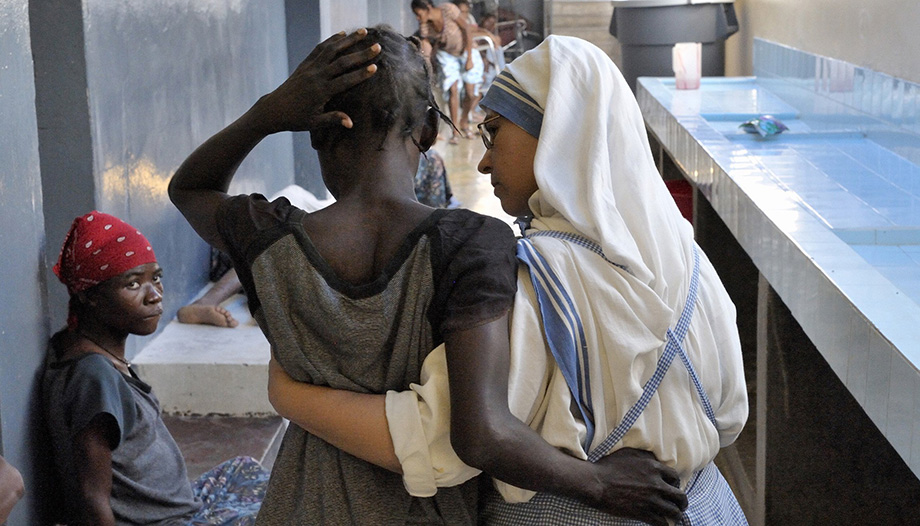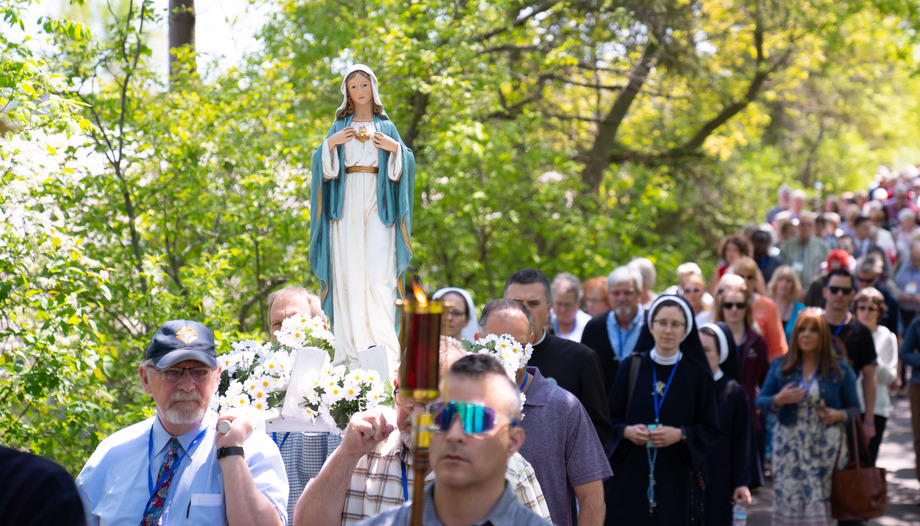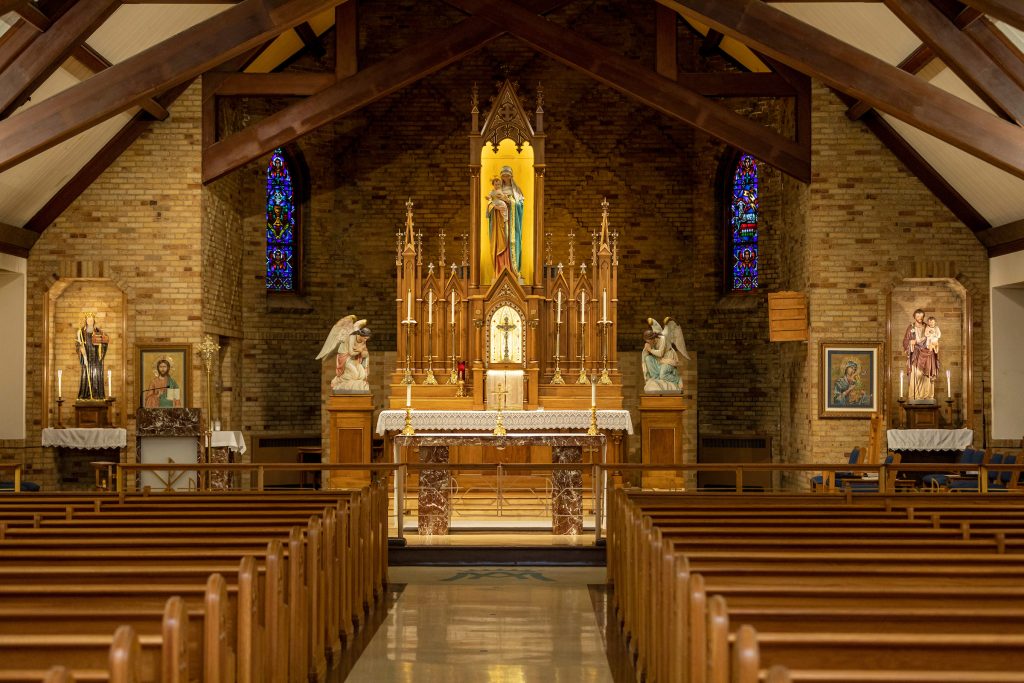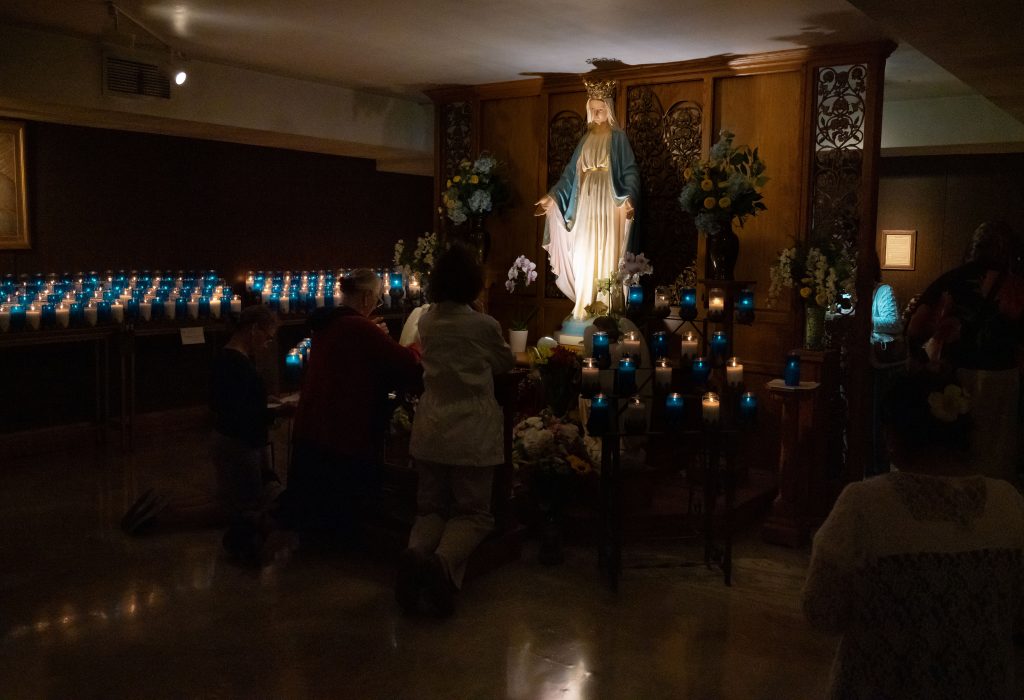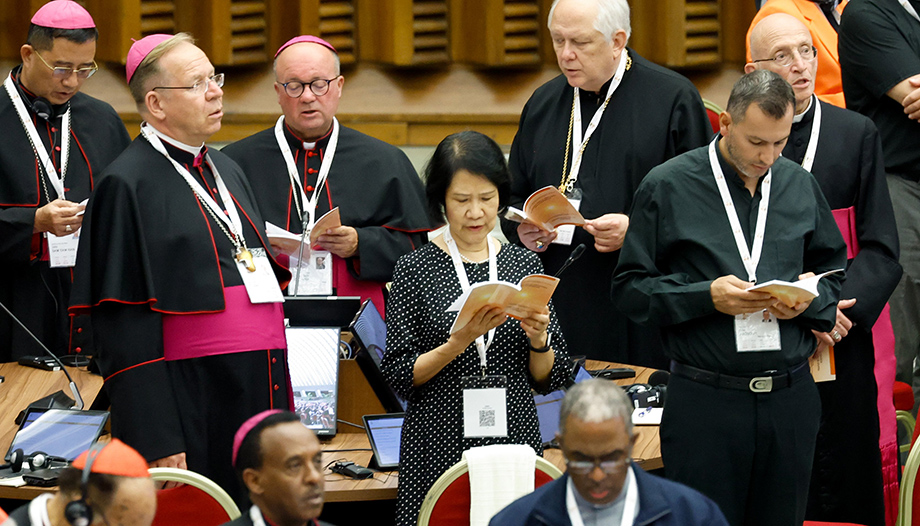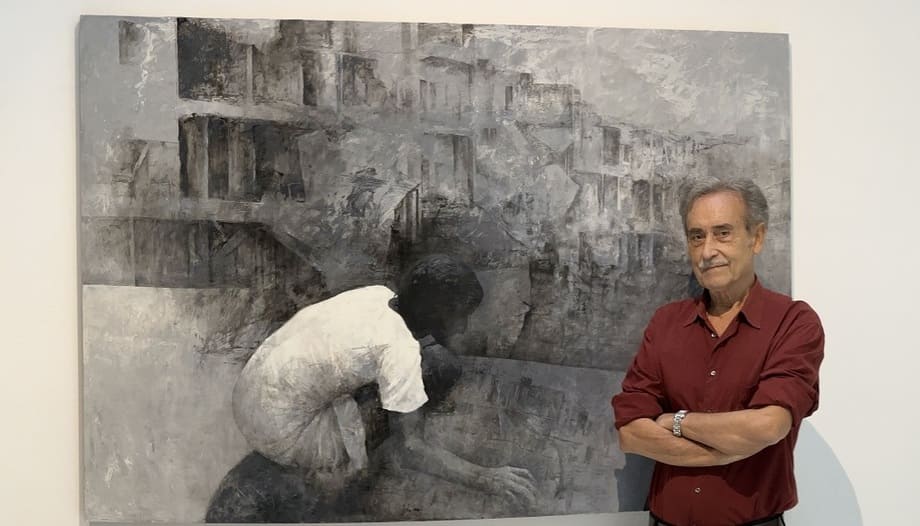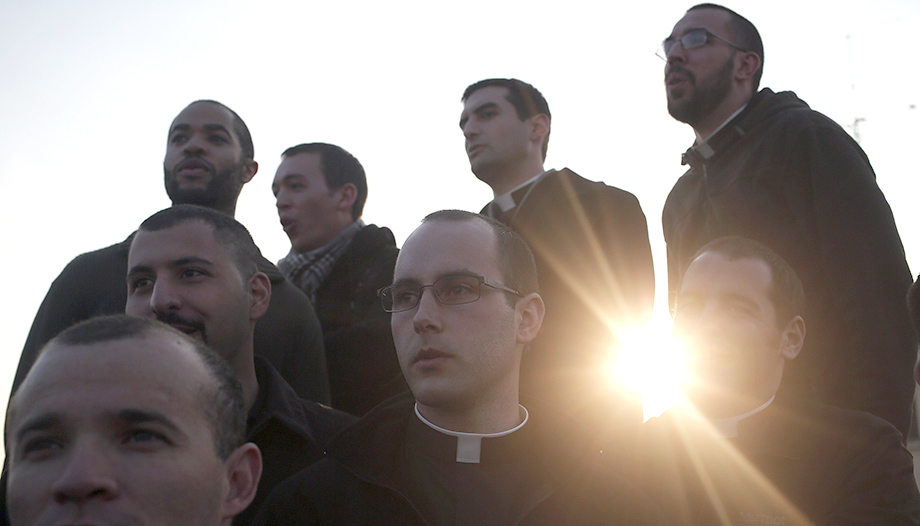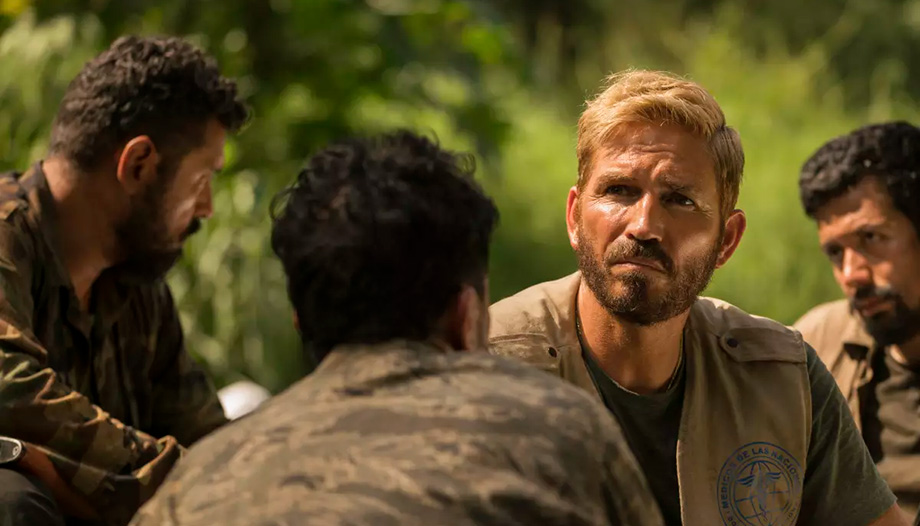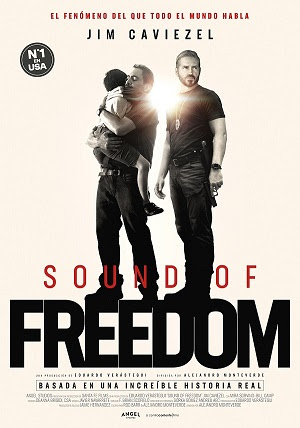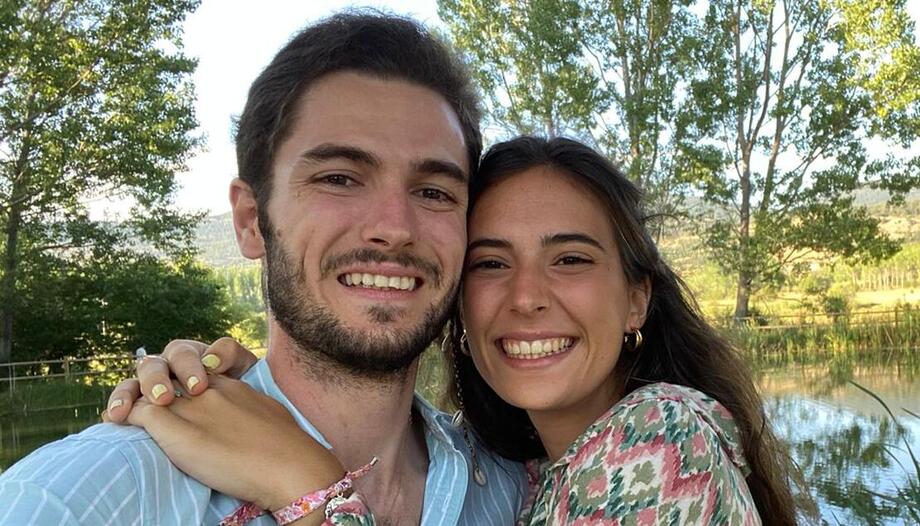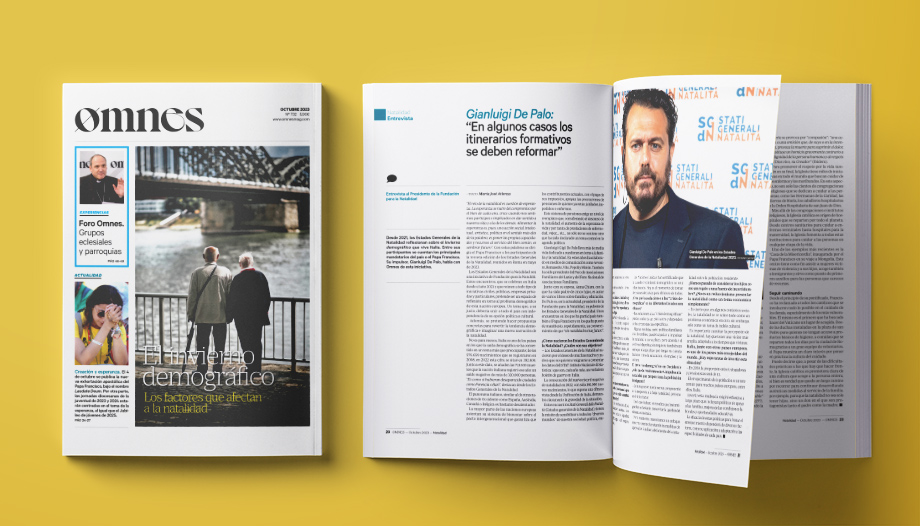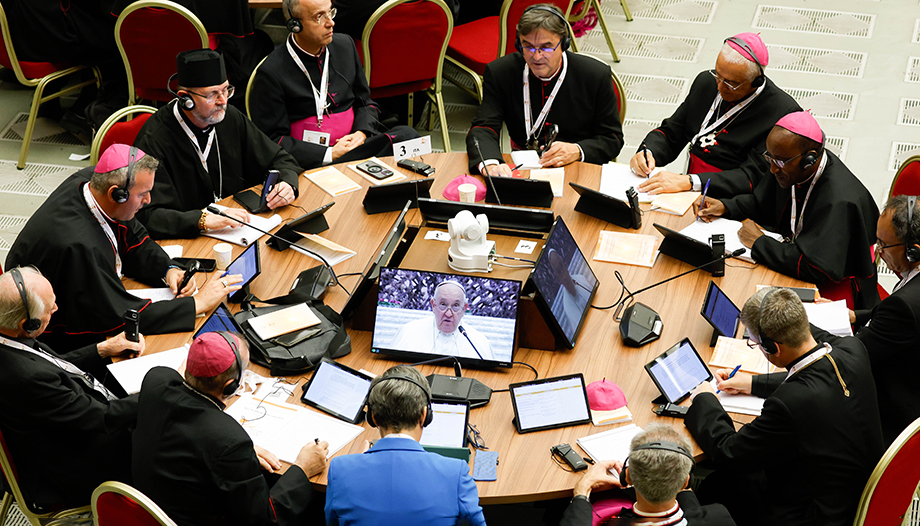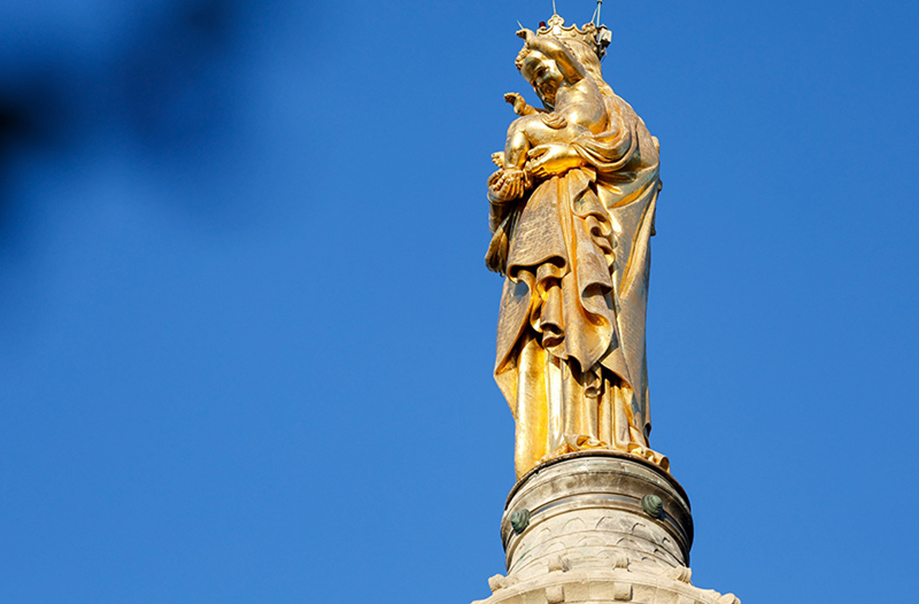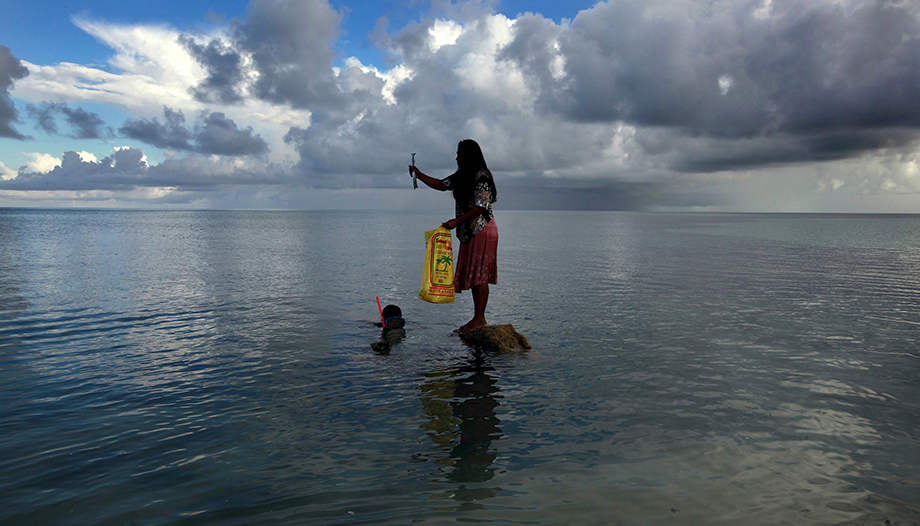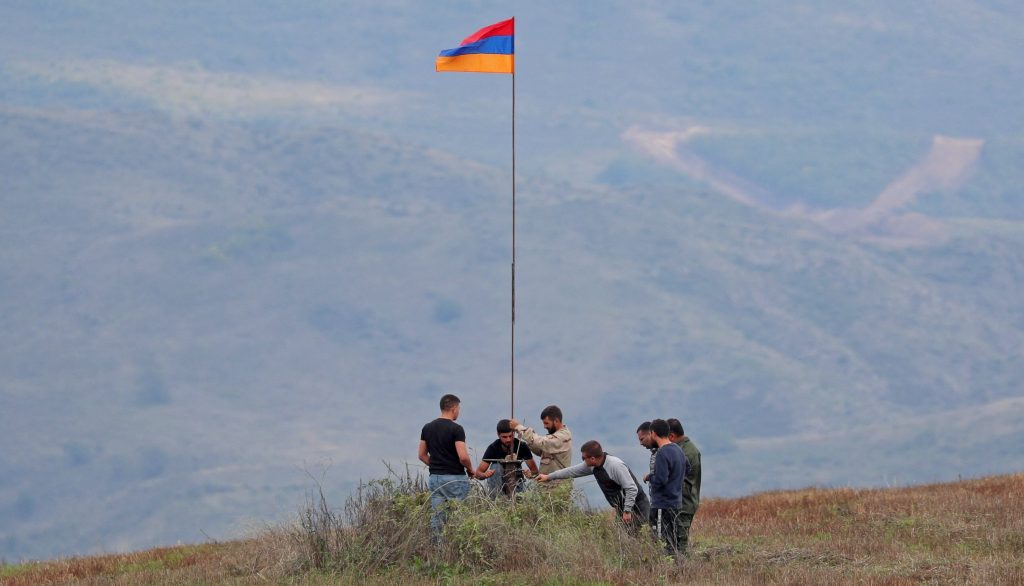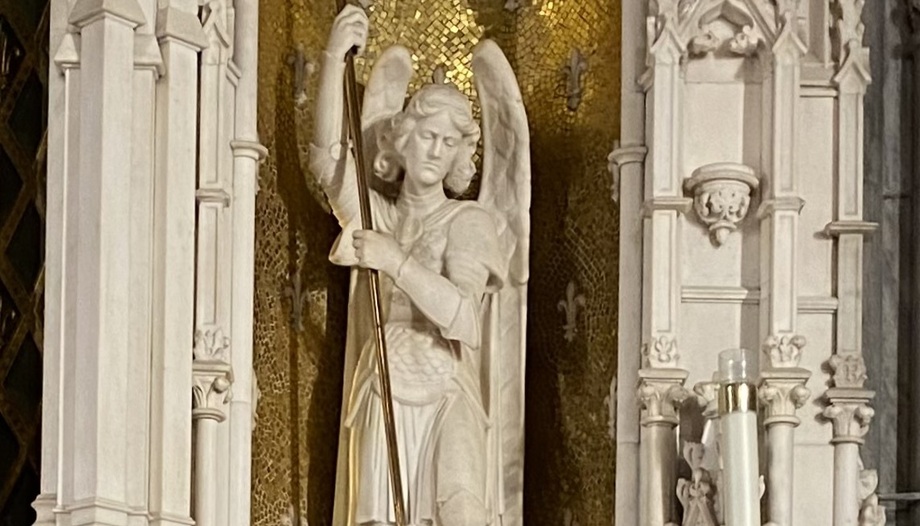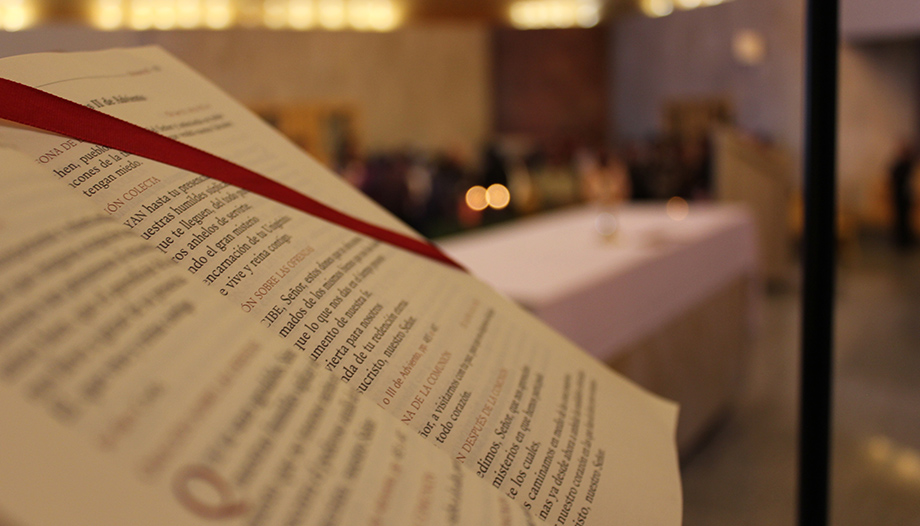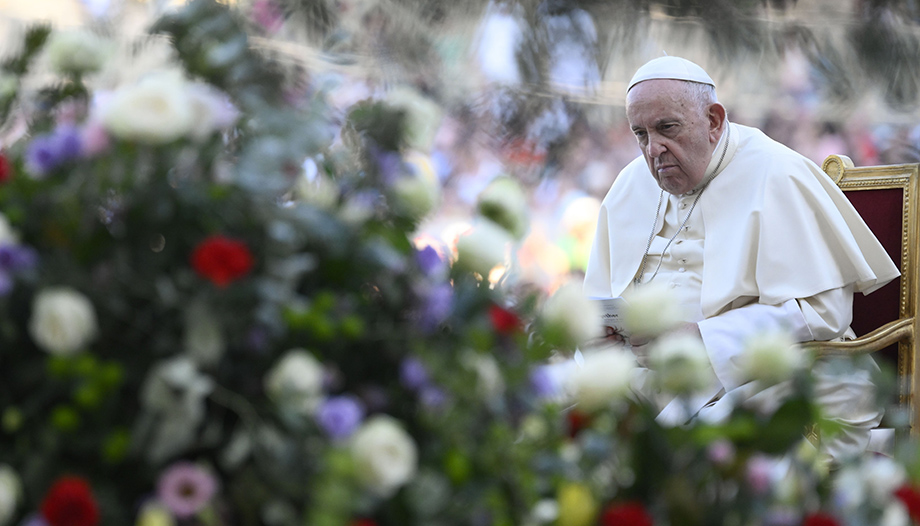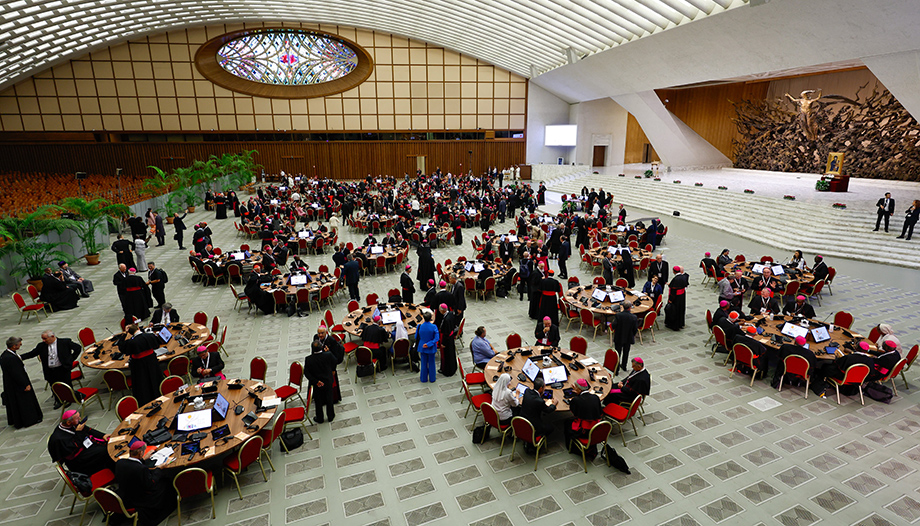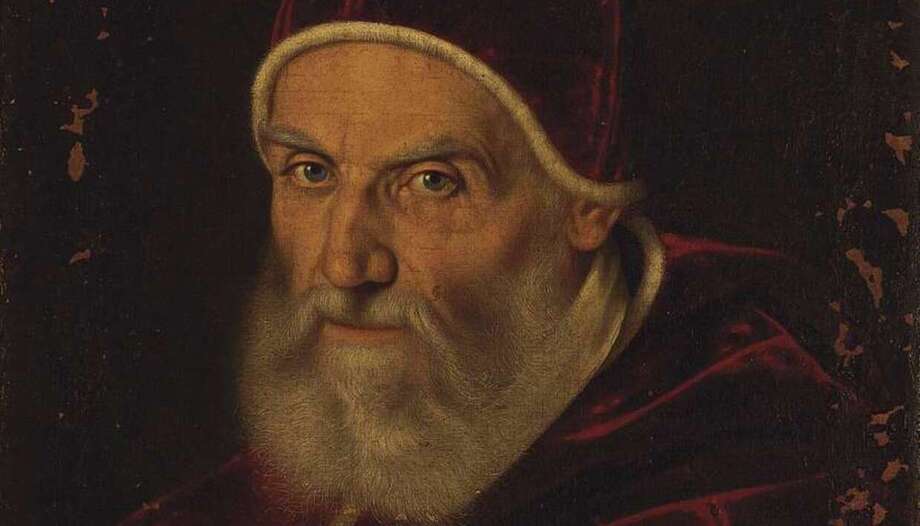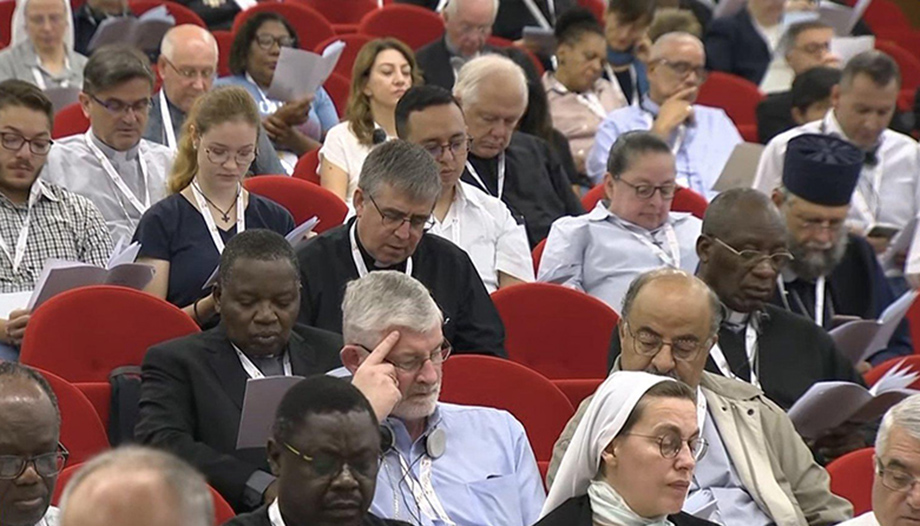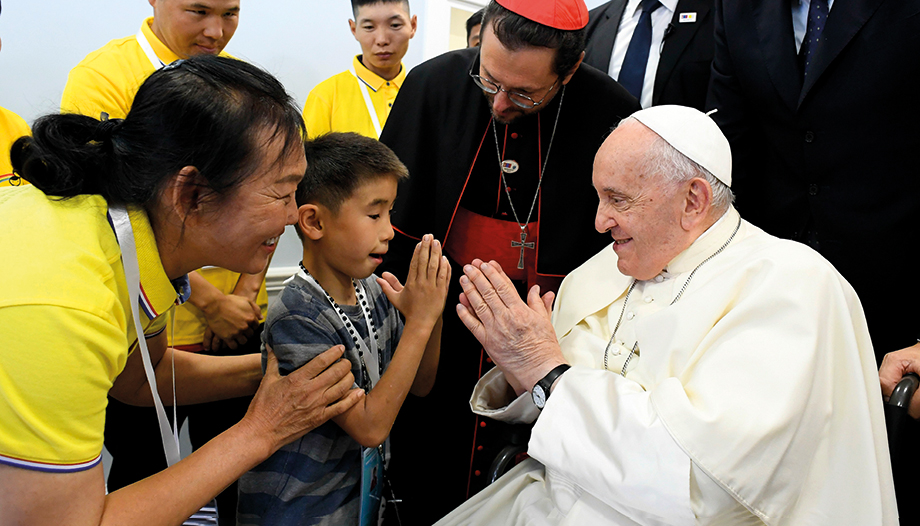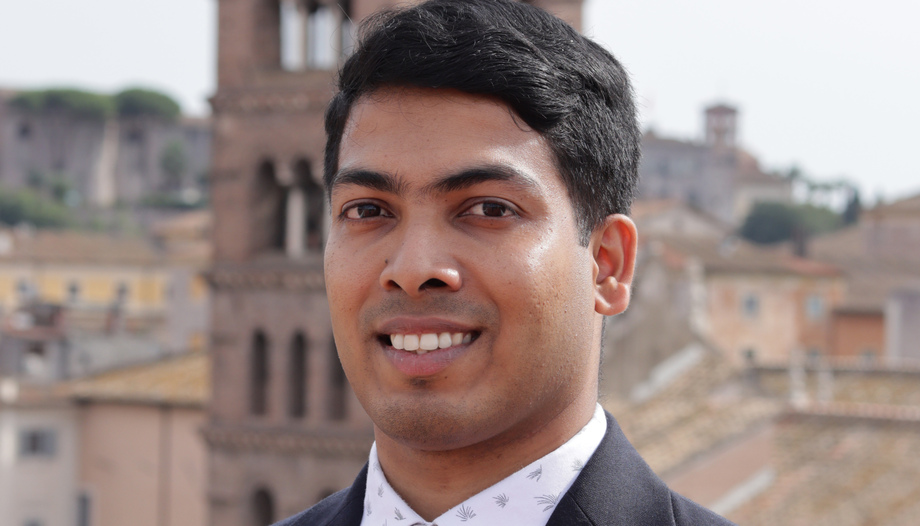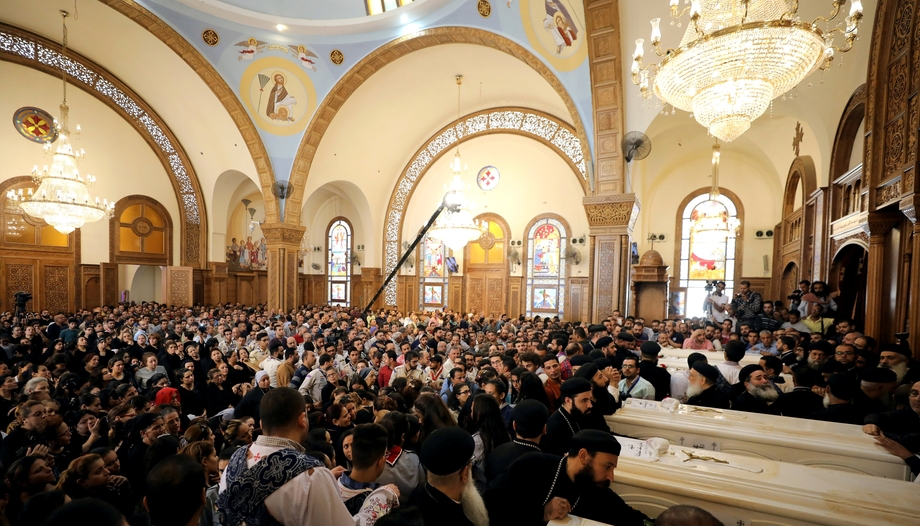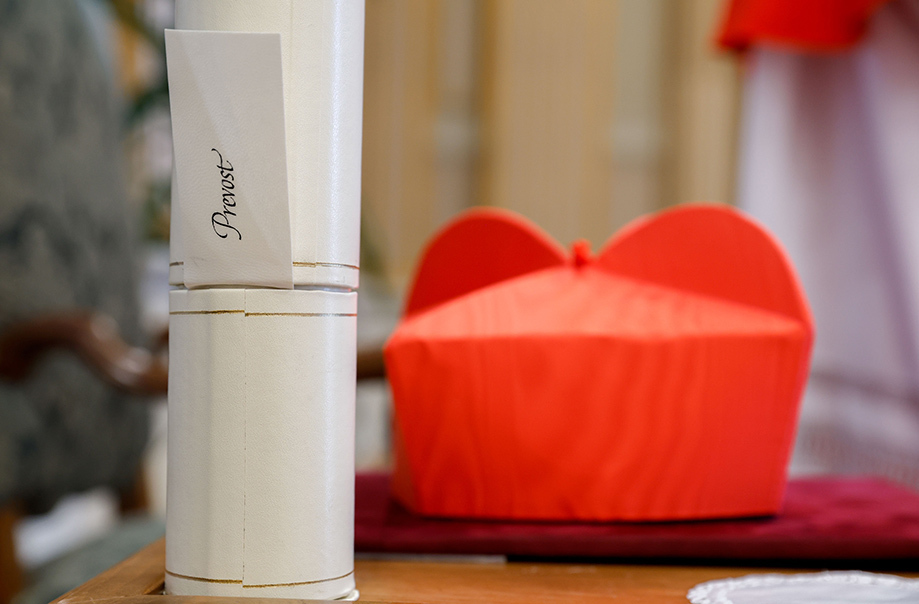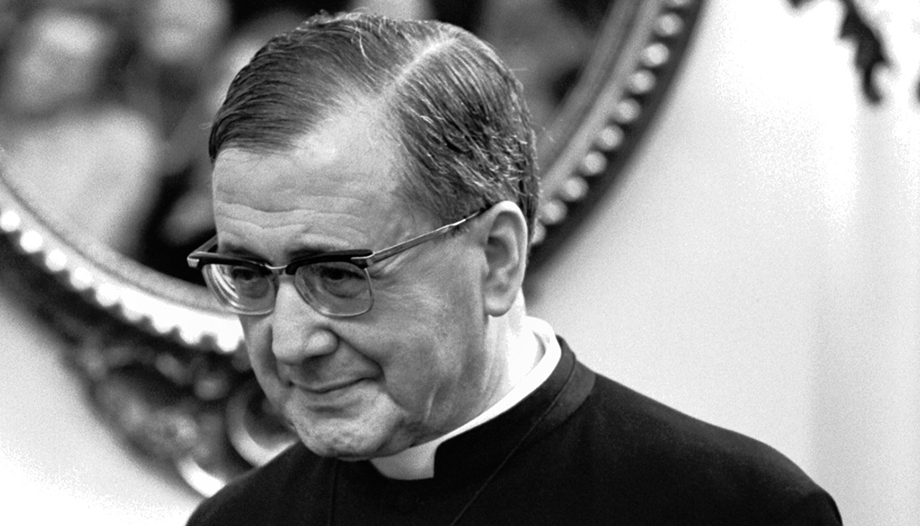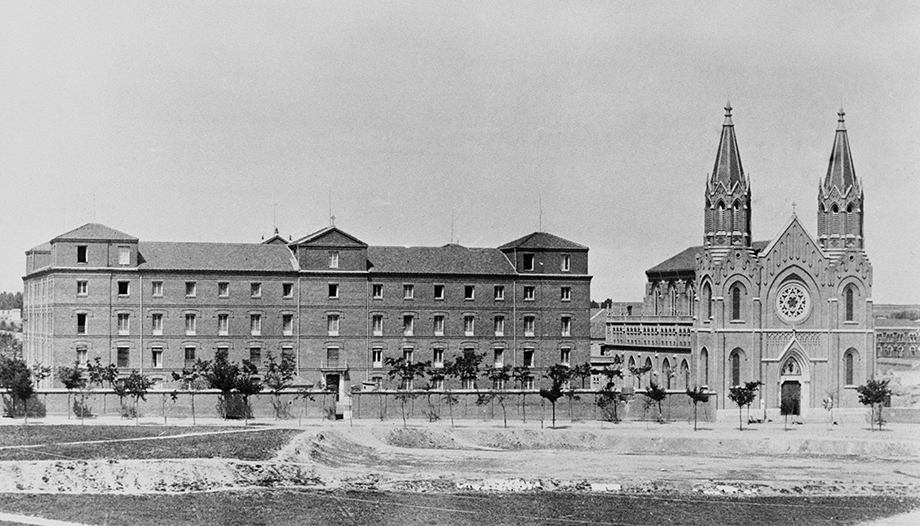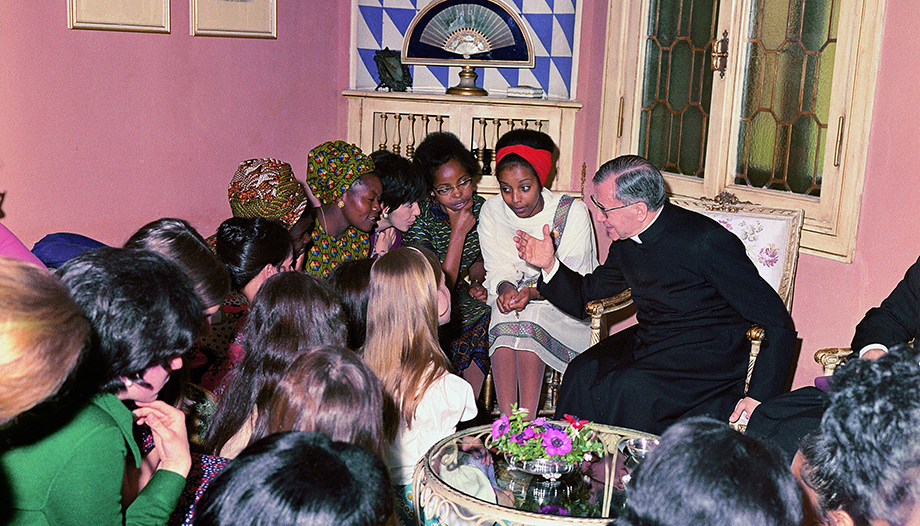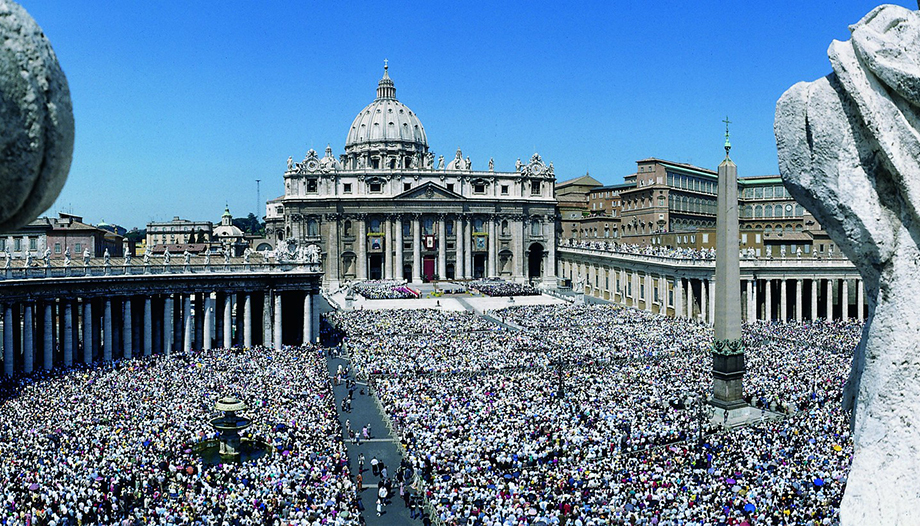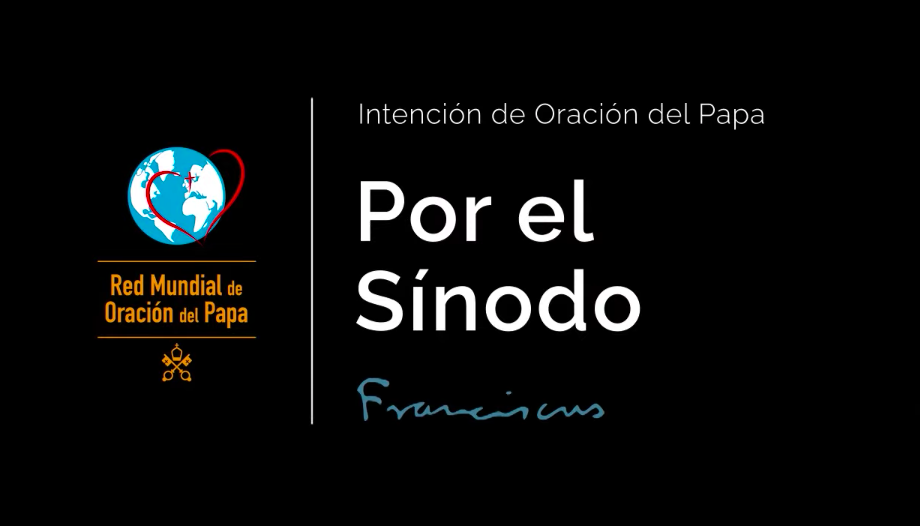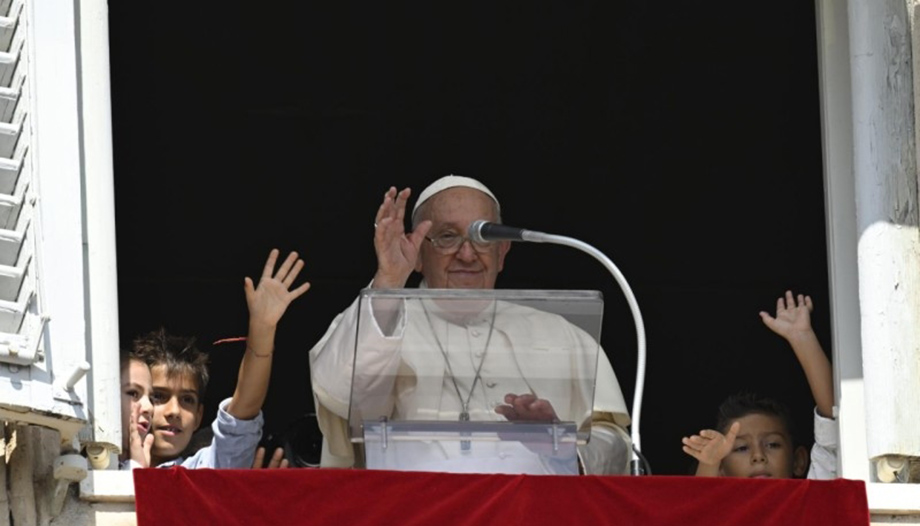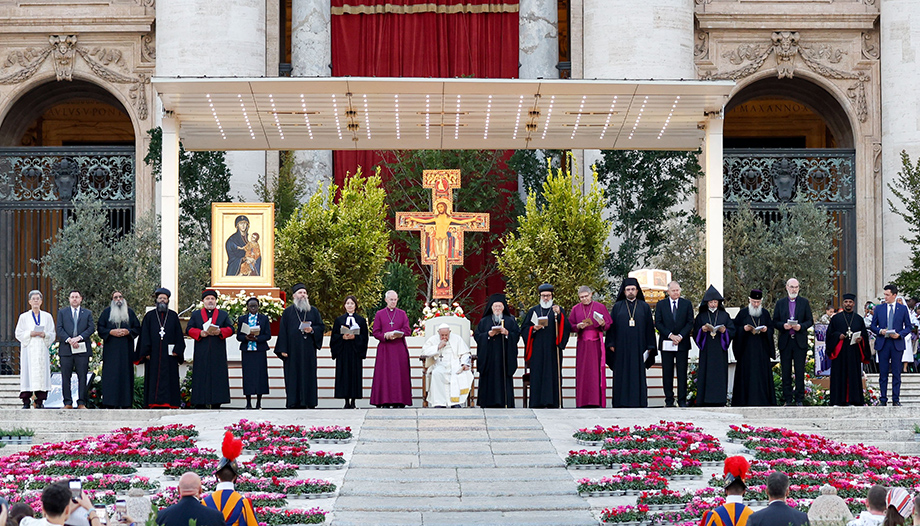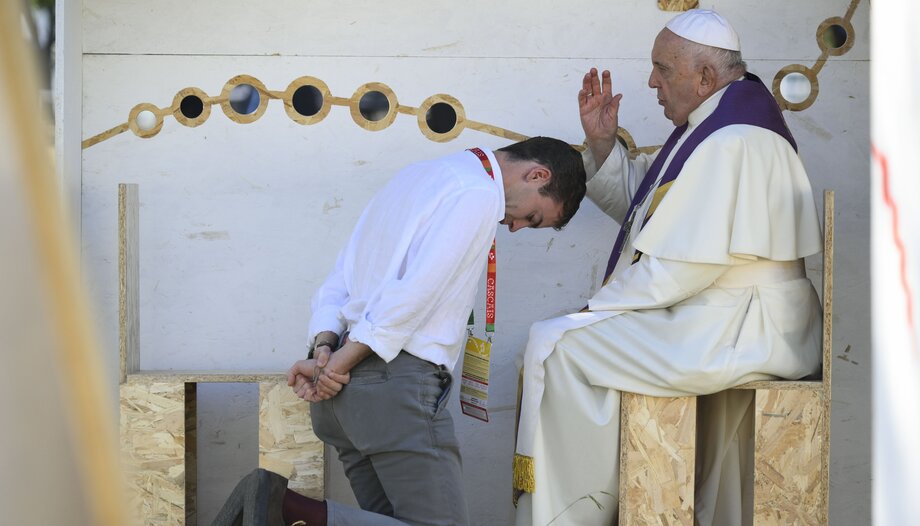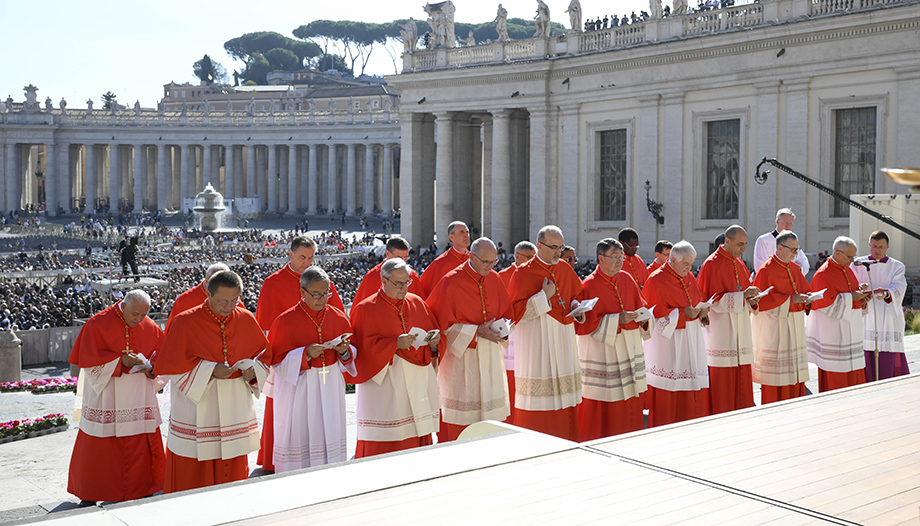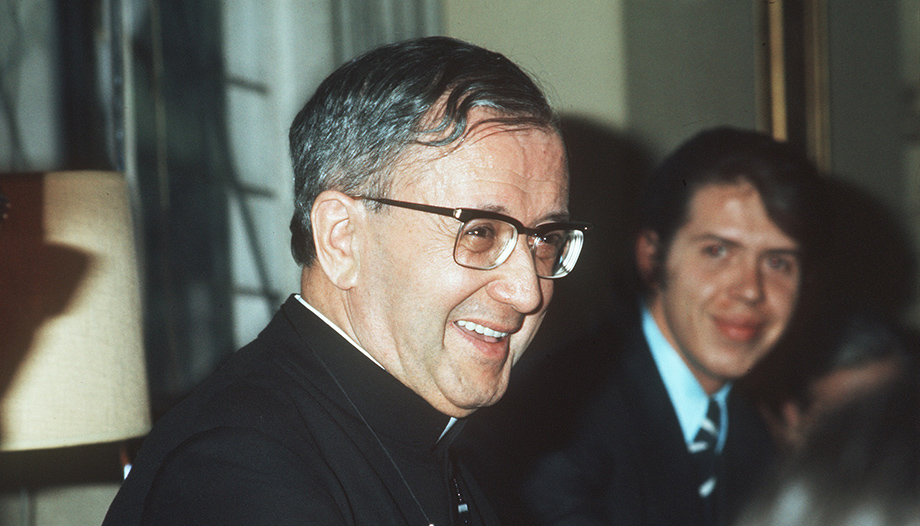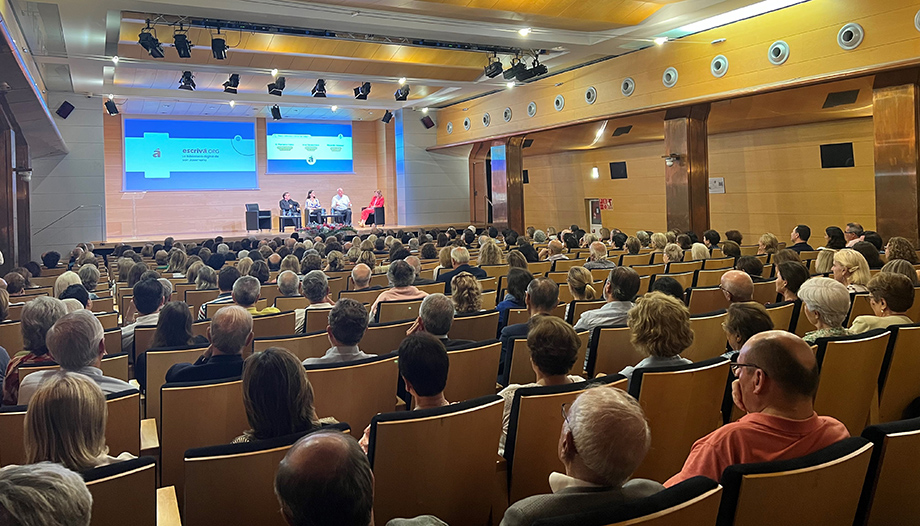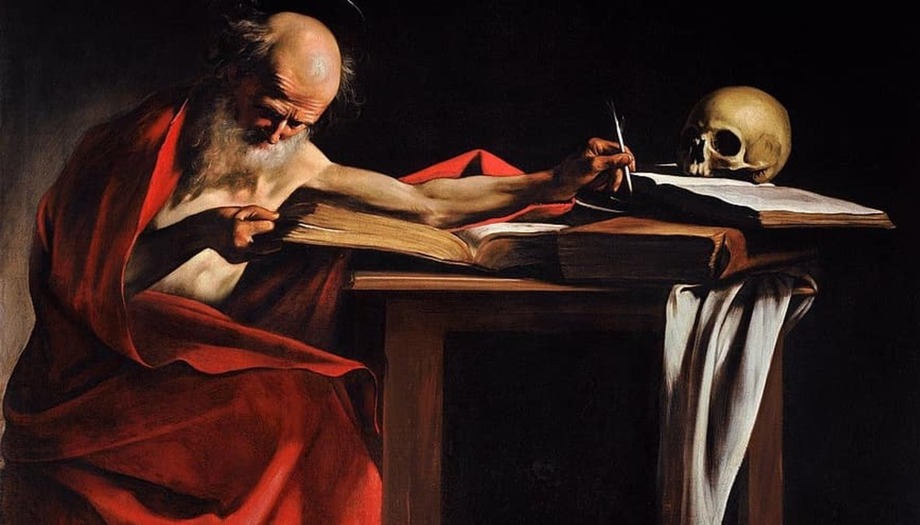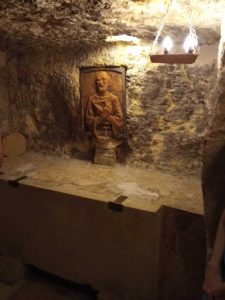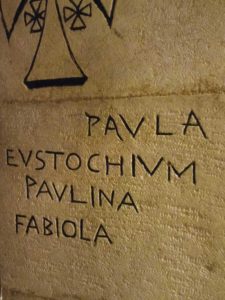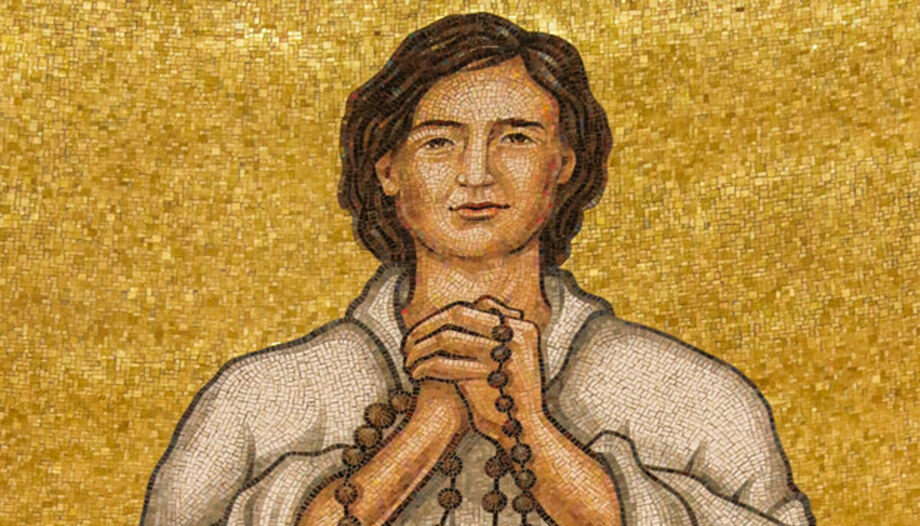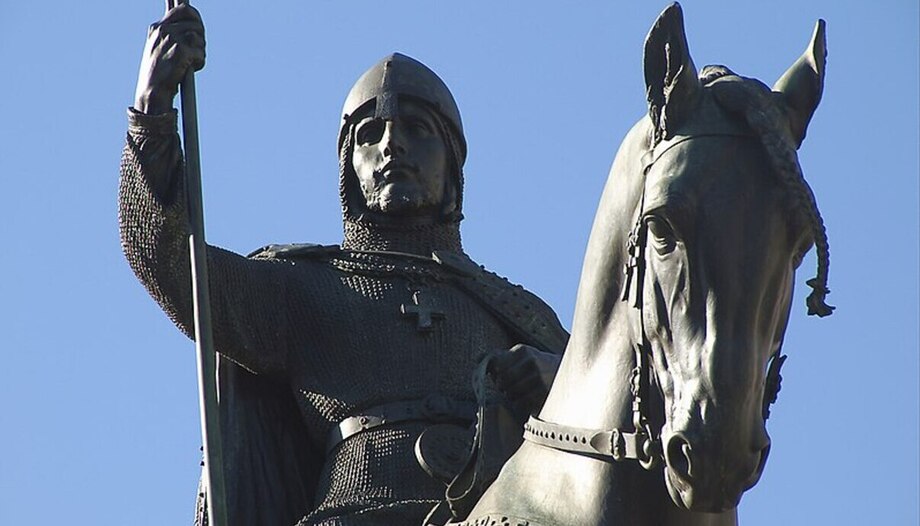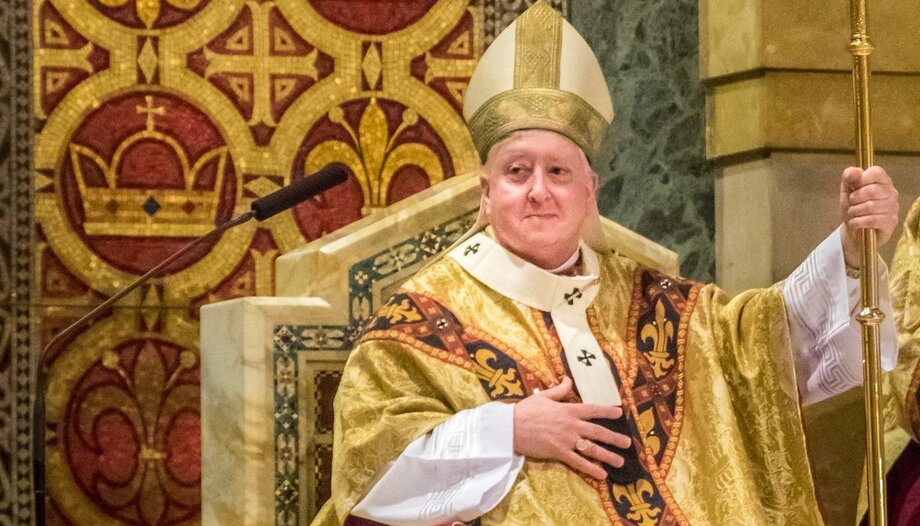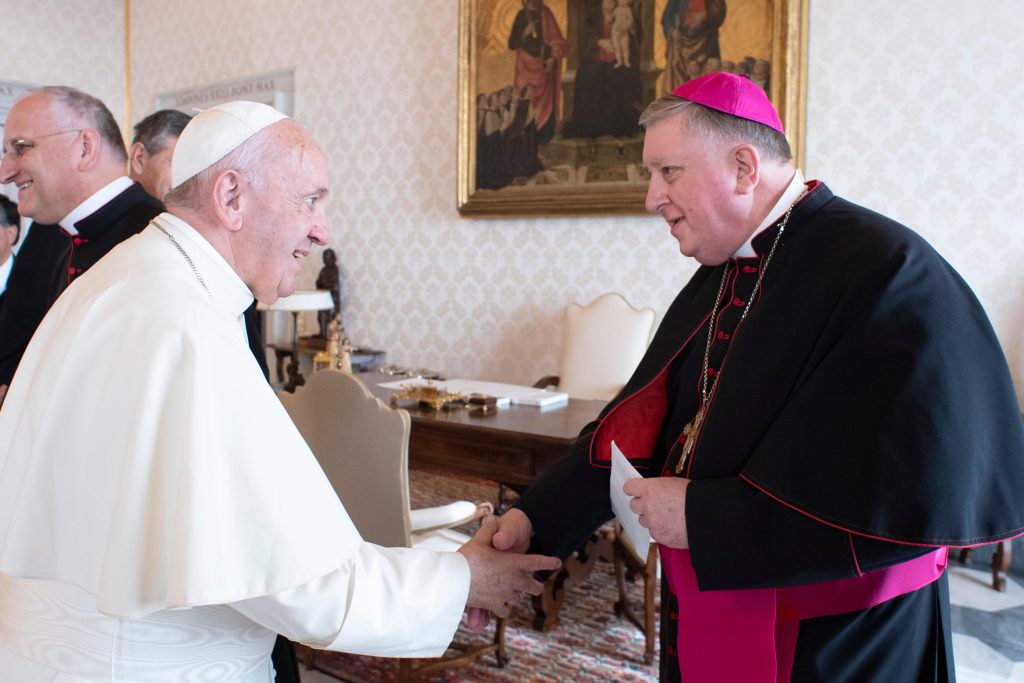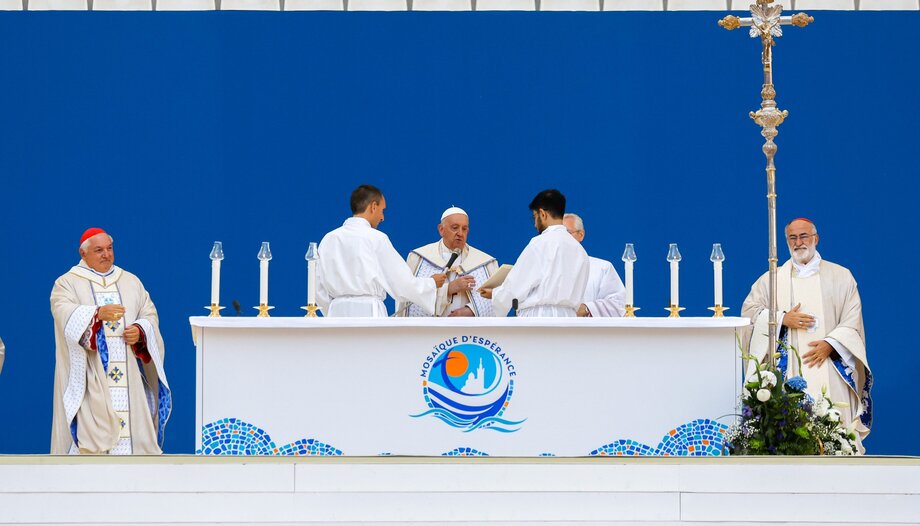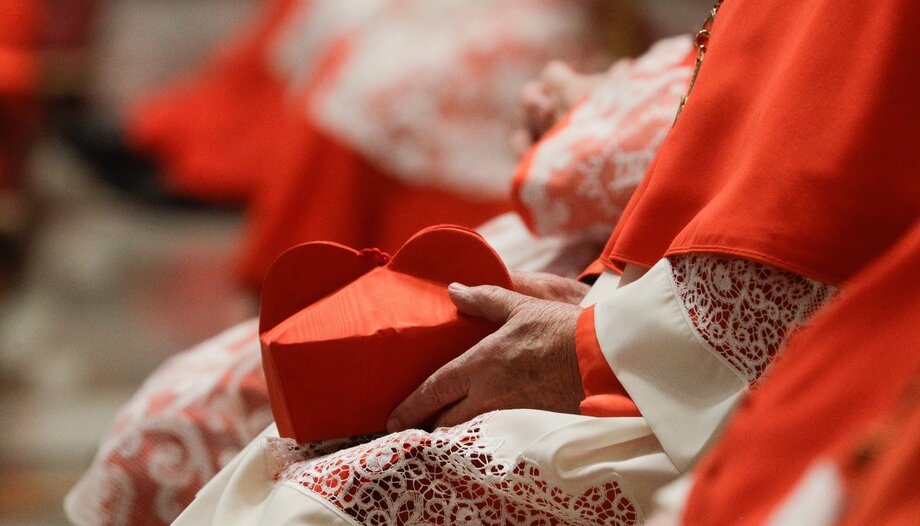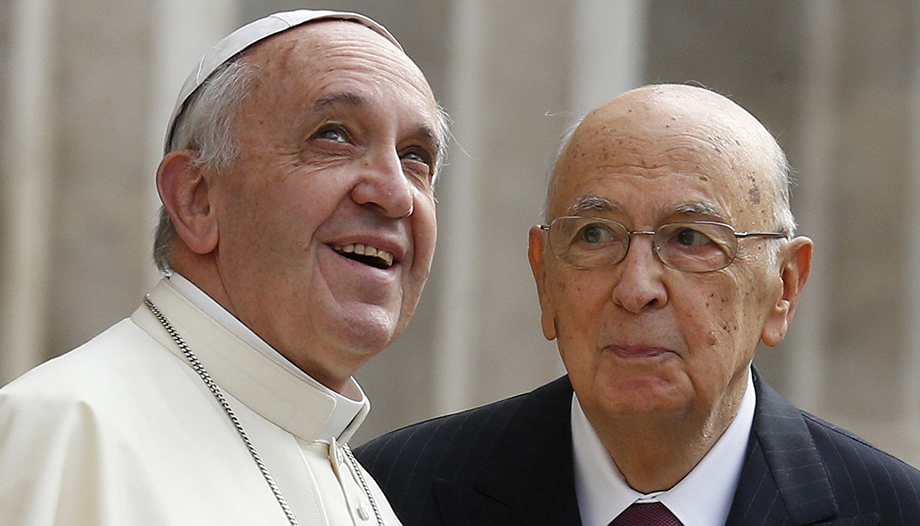Two days earlier, on the return flight, he said he was happy at least for this reason: "I am happy for this reason.For me, the trip was to get to know this people, to enter into dialogue with this people, to receive the culture of this people and to accompany the Church on its journey with great respect for the culture of this people.".
The first missionaries arrived in Mongolia in the 13th century and stayed for a century. A second stage began in the middle of the 19th century, when the first Catholic jurisdiction was established; but it soon ended with the establishment of the communist regime.
The third and final one began again in 1991: John Paul II was unable to visit the country and in 2011 Benedict XVI received the President of Mongolia in audience. In addition, the Pope marked the 860th anniversary of the birth of Genghis Khan.
In the audience of the same Wednesday, Francis explained in allusion to his trip that ".it is right there, far from the spotlight, that we often find the signs of God's presence, who does not look at appearances, but at the heart."(cf. 1 Sam 16:7). In fact, he went on, he had the grace to find in Mongolia "a humble but happy Church, which is at the heart of God's heart".
The inculturation of the Gospel was carried out in the wake of service and charity in that land of Buddhist tradition. In fact, at the end of his pastoral visit, the Pope inaugurated the Casa de la MisericordiaA place open to all, where the missionaries welcome the people who come.
Waiting and walking together
The visit began on Saturday, September 2, with a meeting with the authorities, civil society and the diplomatic corps (cfr. Speech at the Government Palace of Ulaanbaatar, 2-IX-2023). After evoking the beginning of the relations between Mongolia and Innocent IV (1246), of which Francis brought an authentic copy, he referred to the wisdom of this people represented by the GerThe traditional house, open to the vast spaces of the countryside and the desert, and its tradition of respect for life and for the land.
Here the Pope pointed out: "What for us Christians is creation, that is, the fruit of God's benevolent design, you help us to recognize and promote it with delicacy and attention, contrasting the effects of human devastation with a culture of care and foresight, which is reflected in responsible ecology policies.". In addition, Mongolia is committed to modern progress and democracy, human rights (including freedom of thought and religion) and a peace free of nuclear threats and capital punishment.
"In contemplation of the vast horizons, sparsely populated by human beings."The successor of Peter pondered, ".your people have developed a propensity for the spiritual aspect, which is reached by giving value to silence and interiority.". This is an antidote to the "danger represented by today's consumerist spirit, which, in addition to creating many injustices, leads to an individualism that forgets others and the good traditions received.".
He added: "Religions, on the contrary, when they are inspired by their original spiritual heritage and are not corrupted by sectarian deviations, they are to all intents and purposes reliable supports for the construction of healthy and prosperous societies, in which believers spare no effort to ensure that civil coexistence and political projects are always at the service of the common good, and also represent a brake on the dangerous decay of corruption.".
In fact, Mongolia's current agreements with the Holy See are along the lines of integral human development, education, health, assistance, research and cultural promotion. Y "bear witness to the humble spirit, the fraternal and supportive spirit of the Gospel of Jesus, the only path that Catholics are called to follow in the itinerary they share with all peoples.".
Thus began the proposal corresponding to the slogan chosen for this trip: "...".Waiting together"to walk the Catholics together with the other citizens, under the magnanimity and stability of the Mongolian sky.
Worthwhile
On the same Saturday, the 2nd, he met with bishops, priests, missionaries, consecrated men and women and pastoral agents (cf. Address at the Cathedral of Ulaanbaatar, 2-IX-2023).
The successor of Peter paraphrased the words of Psalm 34 looking at those present, ".Taste and see how good the Lord is" (v. 9): "'Spending one's life for the Gospel' is a beautiful definition of the Christian's missionary vocation, and in particular of the way in which Christians live this vocation here.".
And why spend one's life for the sake of the Gospel, Francis asked himself, to answer: "Because the God who became visible, tangible, perceptible in Jesus (cf. Ps. 34) has been appreciated. Yes, he is the good news destined for all peoples, the proclamation that the Church cannot fail to bring, incarnating it in life and 'whispering' it to the heart of every individual and every culture.".
It is often a slow process," he explained, "by means of which the language of God - from the contemplation of the Lord's face and the encounter with Him in the Word and in the Eucharist and in the needy - is light that transfigures the face and makes it in turn resplendent.
The Pope encouraged them to follow and renew this gaze, and to walk in the joy of the Gospel, which springs from adoration. Adoration that we have lost in this age of pragmatism. But the face of Jesus is our treasure (cf. Mt 13:44), the pearl of great price for which it is worth spending everything (cf. Mt 13:45-46).
In addition, Jesus sent his own to "to bear witness with his life to the newness of his relationship with his Father, so that he might be 'our Father' (cf. Jn 20:17), thus activating a concrete fraternity with every people.".
At this point Francis paused to observe that ".the Church has no political agenda to advance, but knows only the humble power of God's grace and a Word of mercy and truth, capable of promoting the good of all.".
This is the purpose of the sacramental structure of the Church and also of her ministers, specifically the bishops. They do not govern with spiritual political criteria, but seek unity on the basis of faith (fidelity) and love of Christ, with prayer, simplicity and sobriety, and with closeness and mercy towards people. In this way, ecclesial communion is already a proclamation of the faith and contributes to the inculturation of the faith and to maintaining hope in the midst of life's difficulties.
"Because of this." concluded the Pope, "the Church stands before the world as a voice in solidarity with all the poor and the needy, is not silent in the face of injustice and meekly commits herself to promoting the dignity of every human being". Hence the need to move forward, without depending on successes or statistics, without tiring of evangelizing, with prayer and fidelity, with creativity and joy.
A heritage of wisdom
The following day, Sunday 3, an ecumenical and interreligious meeting was held at the Hun Theater in the capital (cf. Speech 3-IX-2023).
Francis praised the harmony existing in the Mongolian culture - widely spread, immense landscapes between heaven and earth - capable of assimilating different creeds and cultural perspectives; for "...the Mongolian culture is a culture that is capable of assimilating different creeds and cultural perspectives.the social value of our religiosity is measured by the way we achieve harmony with other pilgrims on earth and the way we manage to transmit harmony wherever we live.". A harmony that is almost synonymous with beauty and wisdom.
This wisdom shines in Asia and specifically in Mongolia: a "great 'heritage of wisdom' that the religions spread here have contributed to create, and which I would like to invite everyone to rediscover and appreciate.".
From this heritage, the Pope listed ten aspects that are very necessary in today's situation: a good relationship with tradition; respect for elders and ancestors; care for the environment; the value of silence and the interior life; a healthy sense of frugality; the value of hospitality; the ability to resist attachment to things; solidarity; an appreciation for simplicity; and a certain existential pragmatism, which tends to seek tenaciously the good of the individual and the community.
The Pope confirmed to them that the Catholic Church wishes to walk along the line of "dialogue on a triple level".Ecumenical dialogue, interreligious dialogue and cultural dialogue. A dialogue based on the incarnation of the Son of God. A dialogue that is not contrary to the proclamation and that does not eliminate differences, but "...".helps to understand them, preserves their originality and makes them capable of confronting each other for a frank and reciprocal enrichment."We are walking with hope between heaven and earth. As the philosopher said, "each was great according to the object of his hope: one was great in that which attends to the possible; another in that of eternal things; but the greatest of all was he who hoped for the impossible" (S. A. Kierkegaard, Fear and tremblingBuenos Aires, 1958, 12).
Nomads, pilgrims of God
Later, during the Mass celebrated at the Steppe Arena (cfr. Homily of Sunday, 3-IX-2023), Francis returned to the way as an image of Christian life: "path of love". which we run with the living water of the Holy Spirit, who quenches the thirst of our soul (cf. Jn 4:10).
Like Abraham, we believers are "'nomads of God', pilgrims in search of happiness, wanderers thirsty for love.". We have to "to let ourselves be loved by God in order to make our life an offering of love. For only love truly quenches our thirst. Let us not forget: only love truly quenches our thirst.". Therefore, Francis points out, our thirst is not quenched by success, power or worldly mentality. In fact, Jesus tells us that to follow him we must embrace the cross.
Therefore, "when you lose your life, when you offer it by serving with generosity, when you risk it by committing it to love, when you make of it a free gift for others, then it returns to you abundantly, it pours into you a joy that does not pass, a peace in your heart, an inner strength that sustains you". The Bishop of Rome insisted: "Only love quenches the thirst of our heart, only love heals our wounds, only love gives us true joy. And this is the path that Jesus has taught us and has opened for us.".
A house with four columns
On the last day in Ulaanbaatar, the Pope met with the charity workers and inaugurated the Casa de la Misericordia (cf. Speech, 4-IX-2023). There he reaffirmed, as in other places throughout these ten years of his pontificate, what he has often called "the great protocol"The scene of Jesus as shepherd-judge at the final judgment (cf. Mt 5:35): "The charitable dimension is the foundation of the Church's identity".
He stressed that even in Mongolia, as was the case with the Church from the beginning, the Church relies on "...the Church's mission is based on the same principles as in Mongolia.four pillars: communion, liturgy, service, testimony(cf. Acts 2:42): in his littleness, "..." (cf. Acts 2:42).lives from fraternal communion, from prayer, from selfless service to suffering humanity and from the testimony of one's faith". This has been done here since the first missionaries arrived thirty years ago: they gave great value to charity. And it continues to be done as concrete help that civil society recognizes, appreciates and thanks.
The Pope also expressed his gratitude, while inaugurating the House of Mercy of Ulaanbaatar, as an expression of the service of the Apostolic Prefecture-as the name of the Church itself-which is active in Mongolia. Everyone is invited to this house to collaborate in the volunteer work that makes its free work possible. Although it needs a certain professionalism in those who maintain and organize it, the main motive for working, especially for the most needy, must be love.
For this reason, the Pope wanted to conclude by recalling a well-known episode in the life of Teresa of Calcutta. A journalist, seeing her bending over the foul-smelling wound of a sick person, said to her: "What you do is beautiful, but personally I wouldn't do it for a million dollars.". And she answered him: "I wouldn't do it for a million dollars either; I do it for the love of God!". Francis asked that this style of gratuitousness should be the added value of the Casa de la Misericordia.





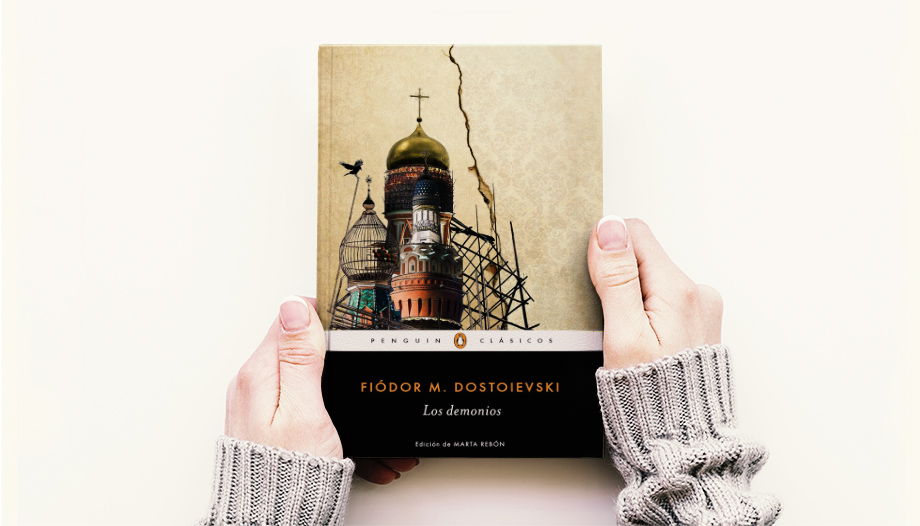





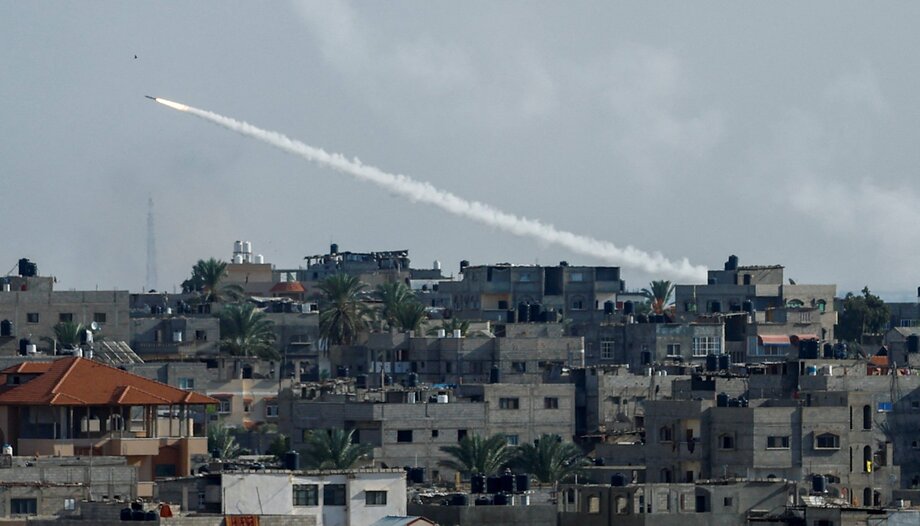
 Pope sings to the Mediterranean as "cradle of civilization, life and peace".
Pope sings to the Mediterranean as "cradle of civilization, life and peace".